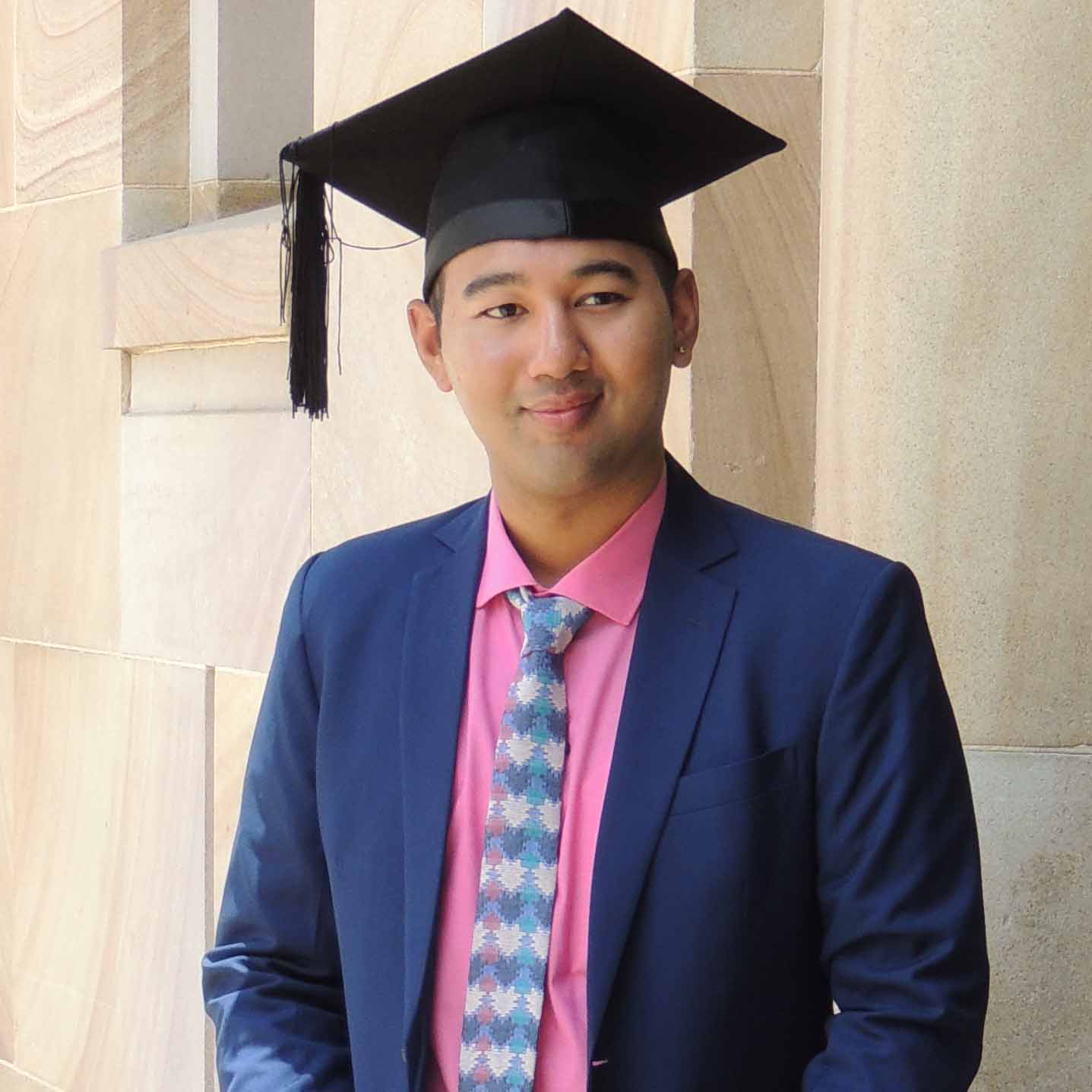 Introducing Arahat Tuladhar
Introducing Arahat Tuladhar
Arahat Tuladhar graduated from The University of Queensland (UQ) in 2017 with a Master of Communication in the fields of Communication for Social Change and, Public Relations and Professional Communication. Since going back to Nepal he has been freelancing as an educator and trainer at a number of different colleges and institutions in the Kathmandu Valley. The school caught up with Arahat to see how he has been putting his studies into action and creating real change in his community.
Communication for Social Change explores the different ways in which communication can be leveraged to bring about change in attitudes, behaviour and knowledge in individuals, organisations and communities. He lectures and teaches classes in marketing communication, management and economic development. He is utilising the skills he learnt at UQ to help his students find their voice through participatory education.
Education in Nepal
Arahat has been teaching for four years now but his journey into education wasn’t part of his original career plan. After filling in as a guest lecturer for a friend working at a government run college, he described it simply as, “I found home.” It was through this experience Arahat realized how hesitant students in Nepal were to voice their opinions in the classroom and he wanted to change that through participation.
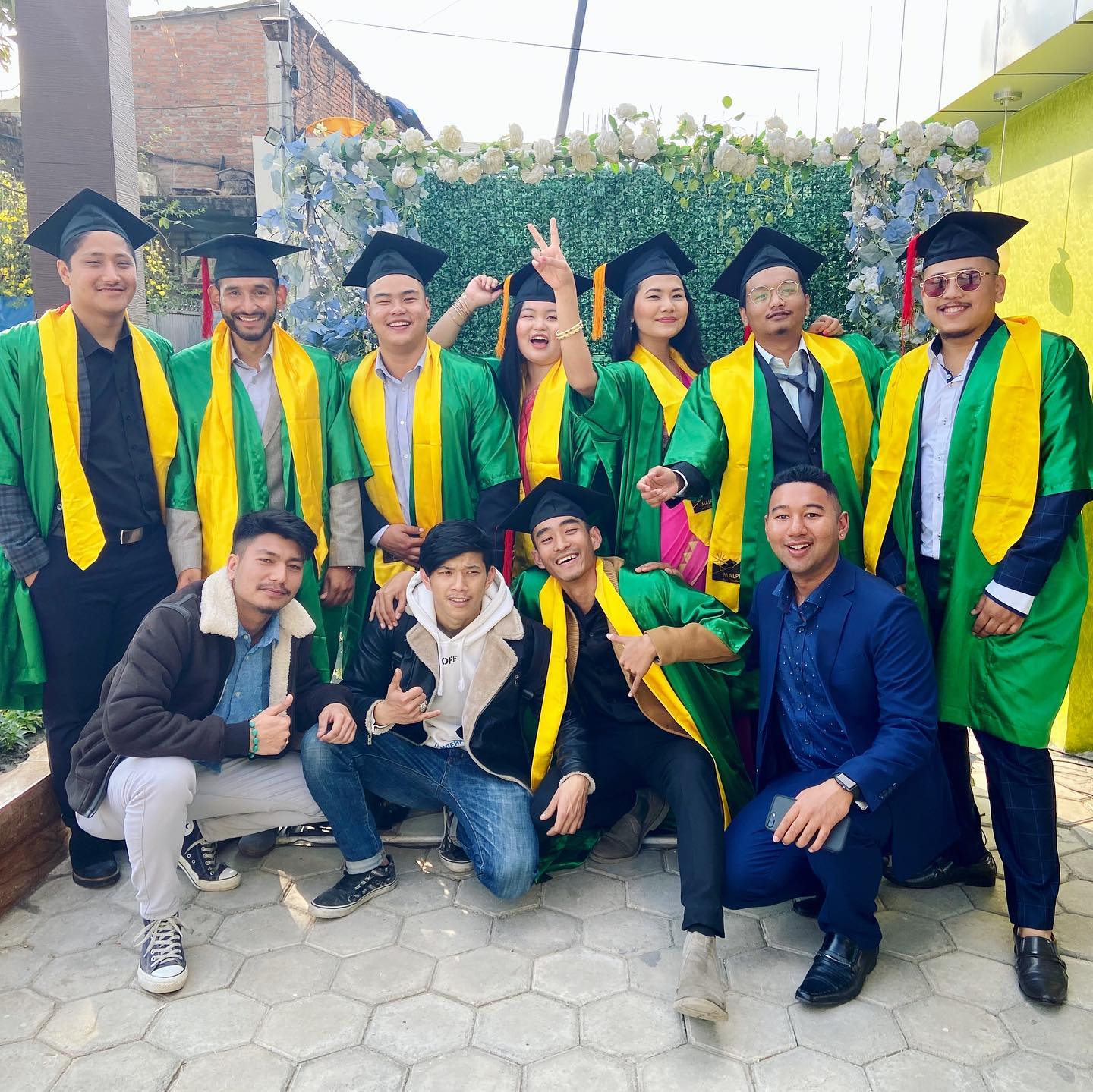
As a result of the traditional educational approaches, students in Nepal tend to equate learning with storing information relayed by teachers. In seeing this educational system in action, Arahat set out to change this mindset through offering training and workshops for his colleagues on participatory learning. Although his mission has not been without its challenges. Getting both his colleagues and students on board with his teaching pedagogy has been difficult due to the ingrained educational practices in Nepal.
Arahat explains:
“I am almost always the youngest faculty member in the room. As a result, at times, it is challenging to be taken seriously. I think it’s cultural and that’s why I came up with a workshop on cultural conditioning. There is a stereotype of what a professor should look like and how old they should be - the power dynamics are very different. I do believe because of my age they don’t take me seriously but eventually after I conduct a workshop and after my students get on board they realise “okay he can teach.” The support of my students helps me get the flexibility I need to organise trainings and workshops and engage in participatory education. Previously, I would be given a rigid list as a lecturer of what to teach. But I feel education shouldn’t be about remembering, it should be about understanding and using it in a pragmatic way."
Furthermore, Arahat discusses gender imbalences he witnesses in the classroom:
"The gender distribution in Nepal is not balanced. There are very few female lecturers and educators – not because they aren’t talented but because they haven’t been given the same opportunities. I felt this in my classroom as well. When I would ask my students to participate no one would come forward. There was a reluctance. However, I did sense my male students were much more participatory because of their cultural upbringing. I had to push my female students much more and tell them “You don’t need to dumb down; you need to speak up; you need to participate.”
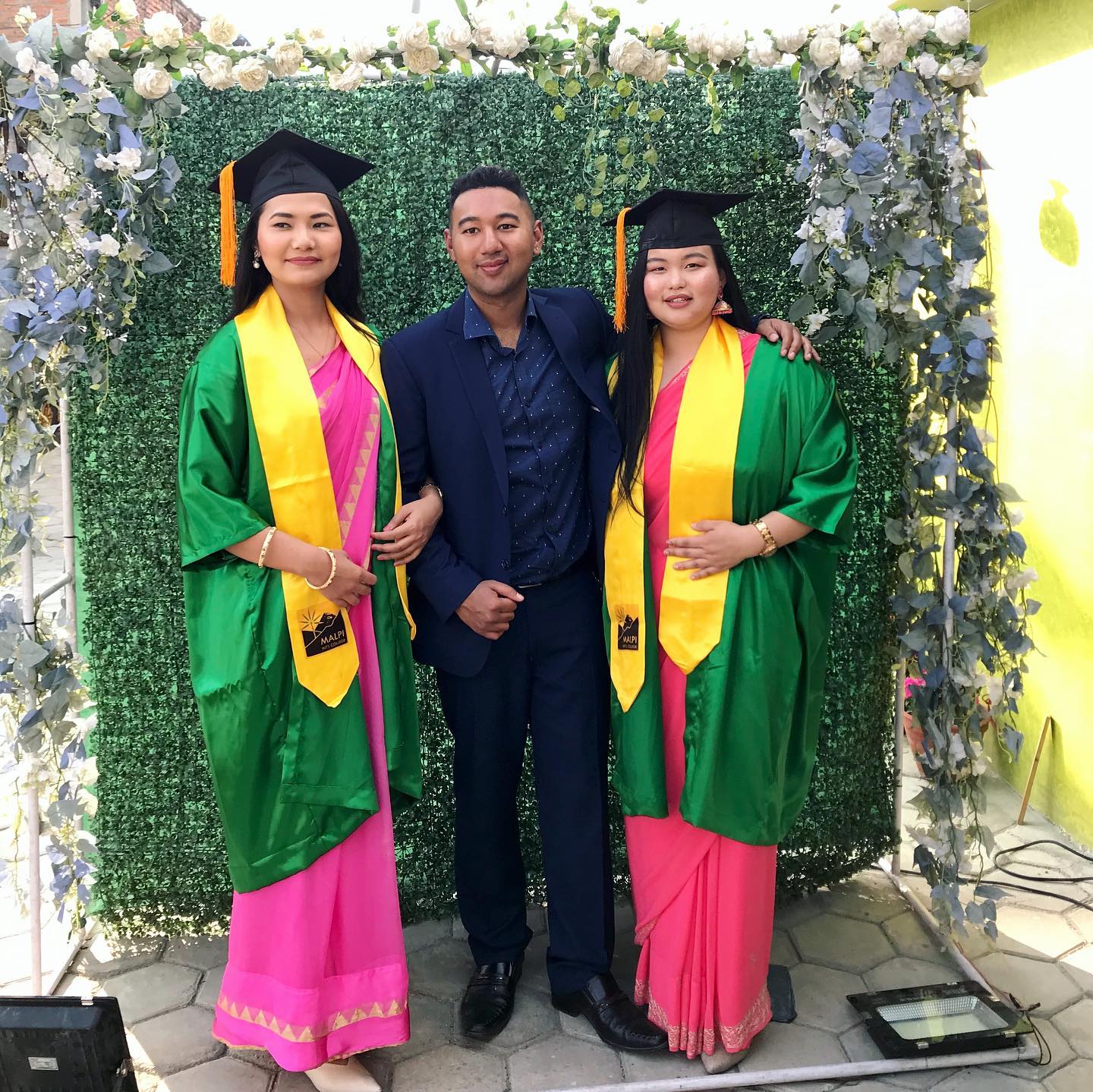
Teaching in a global pandemic
The global pandemic created further challenges for Arahat as the lack of interpersonal connection created many difficulties in bridging communication gaps between himself and his students. Furthermore, his fellow colleagues wanted to still implement the traditional paper-based model to grade their students. Arahat provided an alternative for his class and facilitated a participatory video production. He trained his students in story boarding, problem tree activities, production, and editing, provided them with the tools and the topic and then instructed his students to coordinate and come up with a video.
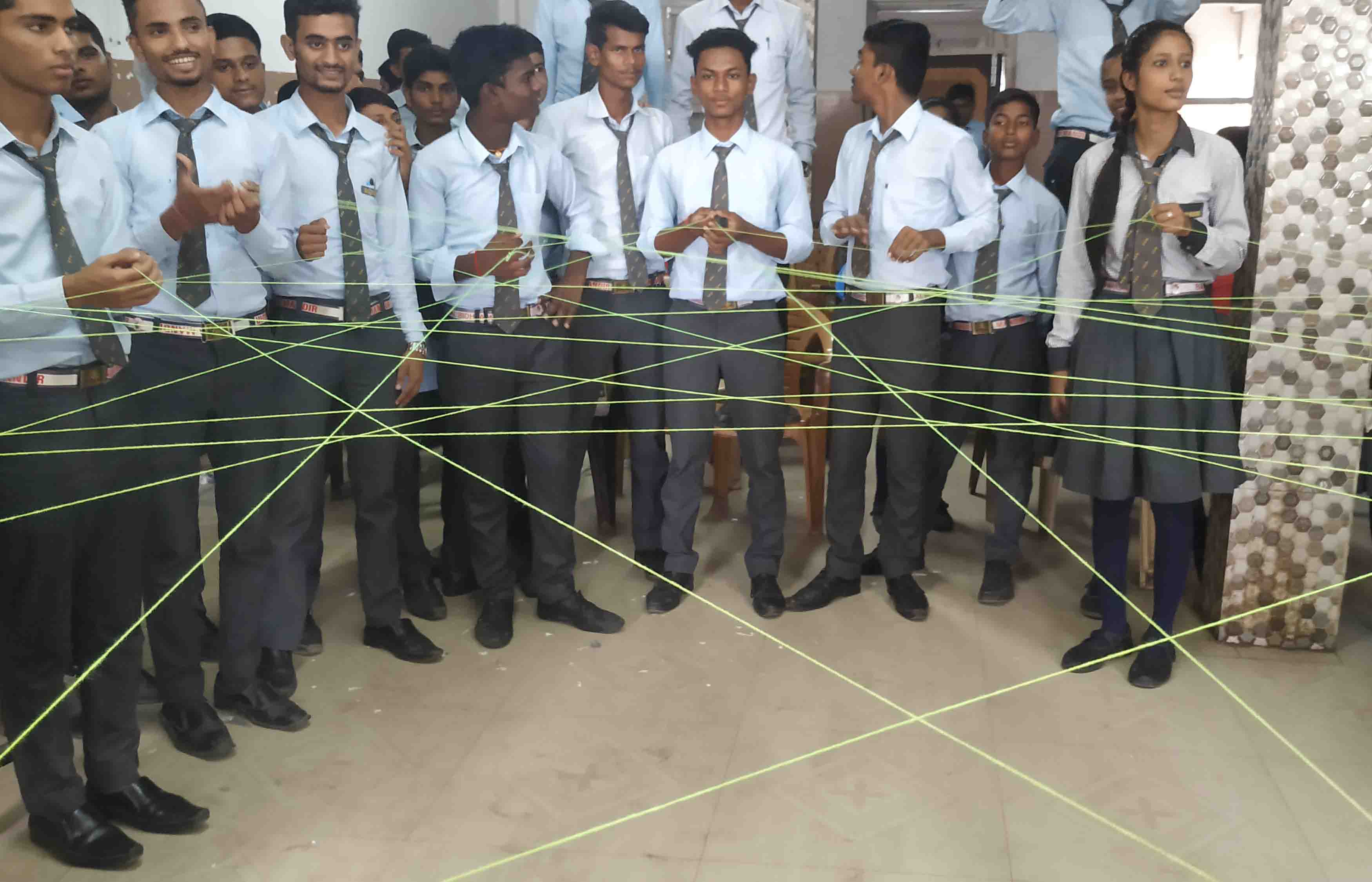
“I received 100% participation! All of my students got involved. I gave them full grades because I was so proud of them and the work they came up with. I am happy that my students understood the underlying value of participatory learning and went on to become facilitators themselves. They went to rural and remote parts of Nepal and went to schools and taught students and teachers about participatory learning. To witness the ripple effect was exciting! I never thought that would happen.”
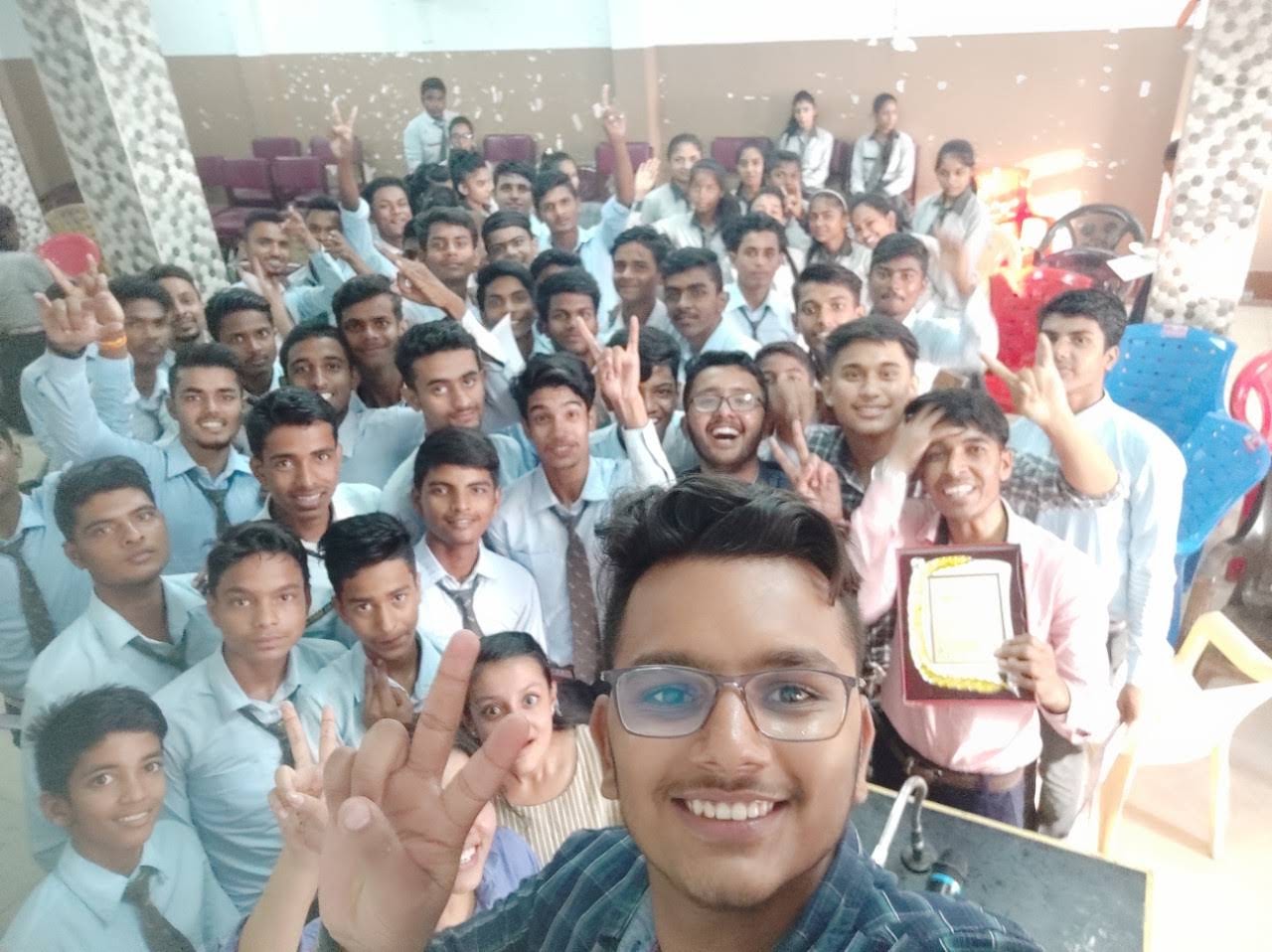
What lies ahead
Arahat does not plan to stop there. He wants to explore and research the impact participatory learning has on culturally conditioned students and environments and whether participation can create change and have a tangible impact. He would like to branch out in his work and continue to contribute to Nepal but also contribute worldwide through research.
“I came back to Nepal to understand the value of alternative forms of development. A number of communities in Nepal assess development in a much more holistic manner. For instance, development in Nepal is not limited to economic development, it is also measured in terms of spirituality and natural conservation. As a researcher, I want to promote such alternative forms of development and advance discussions on sustainable equitable futures.”
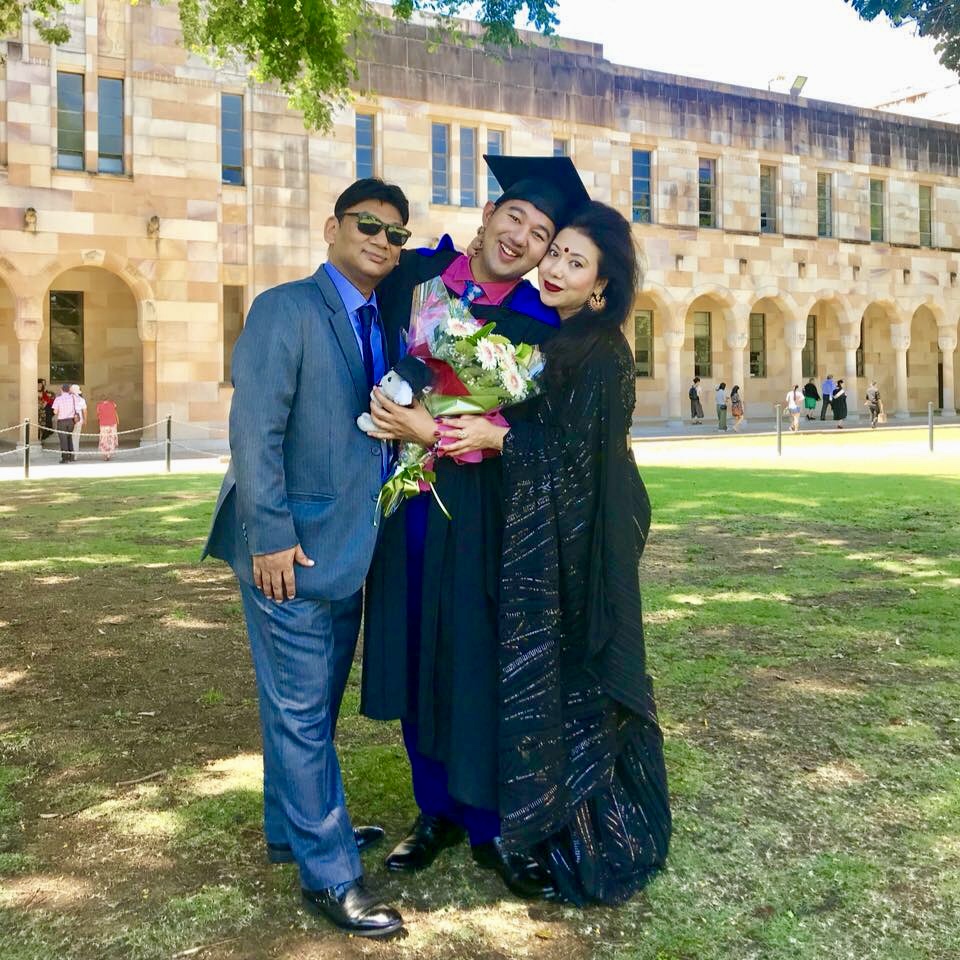
The UQ Experience
Arahat advises that all students should walk into the classroom with an open mind and practice active listening as the diverse nature of students at UQ offers a multifaceted view on any subject matter. His time in the Communication for Social Change program changed his perspective on how to approach learning as well as his idea of what different countries and communities have to offer. Associate Professor Elske van de Fliert, the Director of the Centre for Communication and Social Change, confirms this observation:
“The diversity of the student body is embraced as an additional source of learning in the Communication for Social Change courses and exchange of perceptions and experiences is actively pursued. This instills an appreciation of the previously unknown and prepares students to function better in diverse and complex environments in the future.”
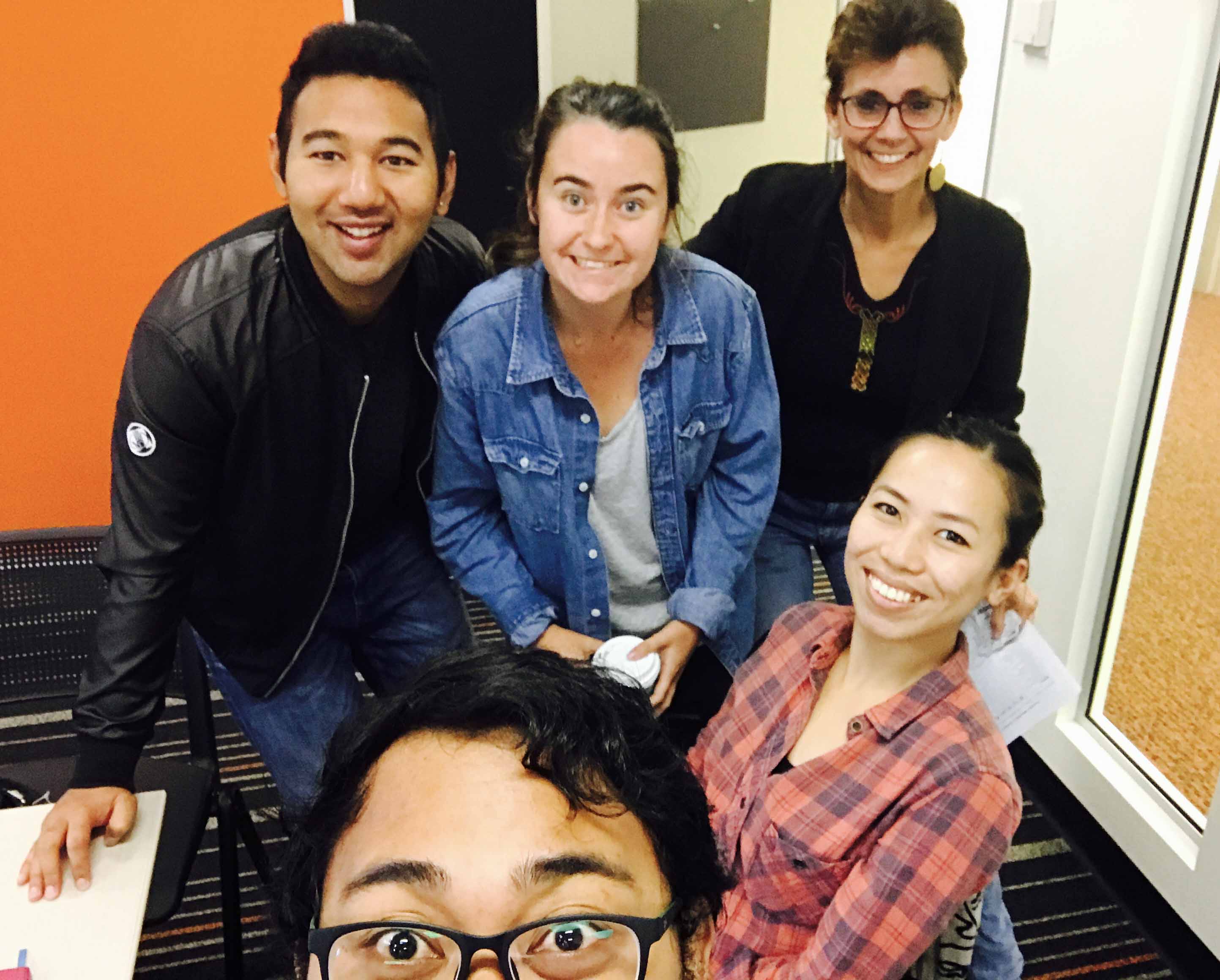
Arahat explains the effect this approach had on him:
“My classmates at UQ were such a diverse group of students and every time an issue would come up we would have discussions about how these same issues would turn up in our own countries and communities. These discussions gave me such multifaceted solutions to problems. I learned to not just limit myself to my community but use my skills and knowledge to help as many people as I can.”
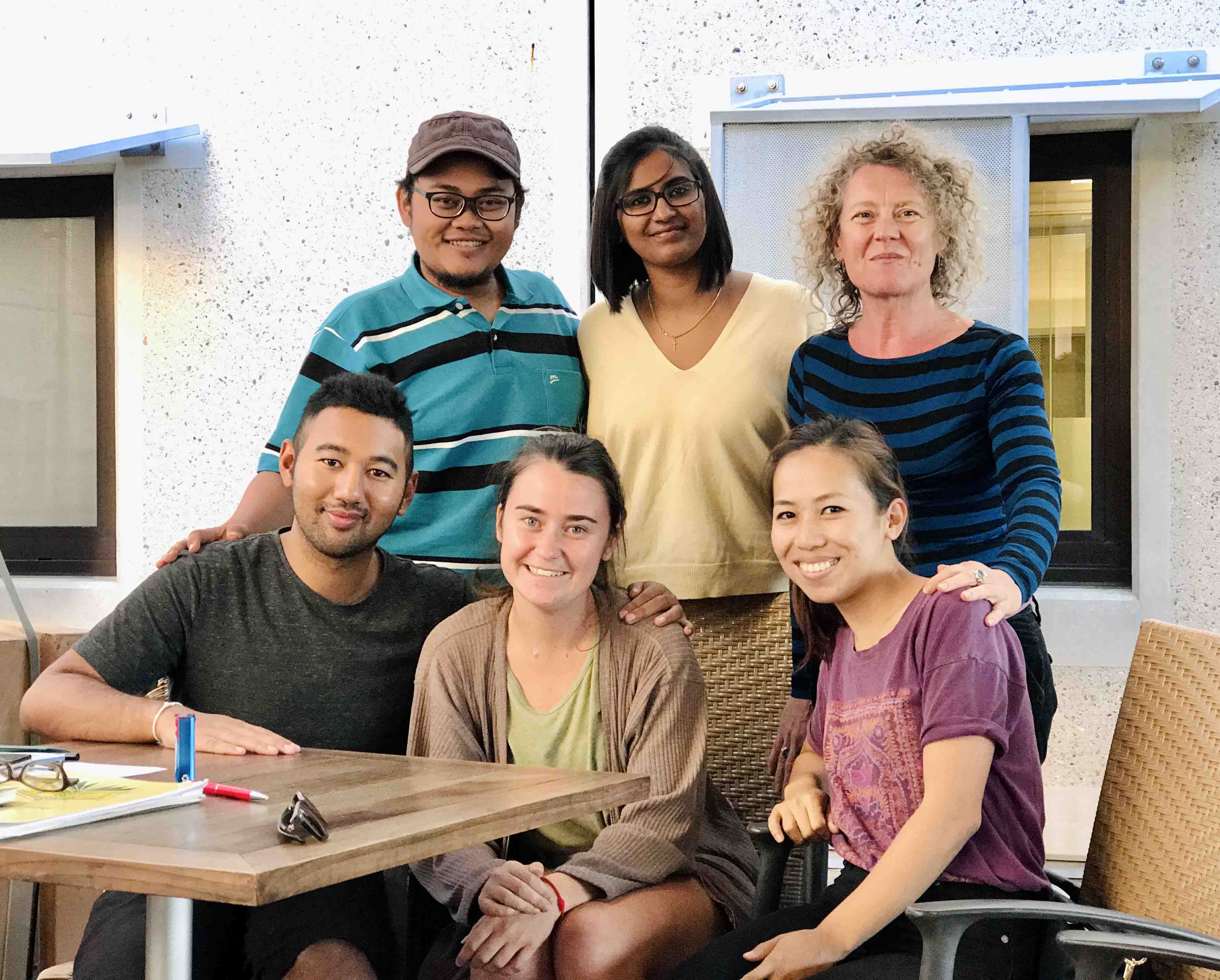
For Arahat, his UQ experience was filled with highly knowledgeable and equally amiable educators, a diverse group of friends, and a conducive learning environment. Arahat’s advice for future UQ students is to not overlook Communication for Social Change because they are unsure about where it will lead. For him, he ended up in education, but it is such a broad discipline that provides skills that can be utilised in a range of fields.
The School looks forward to seeing Arahat continue to create change through his research and work in the field of Communication for Social Change.
Written by Lecinta Linton.


